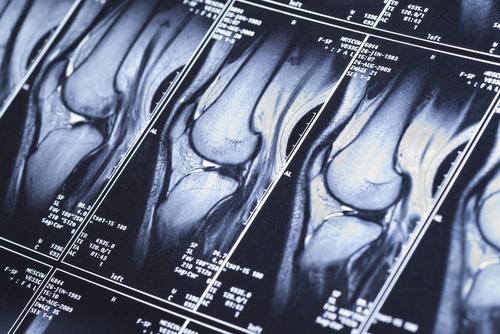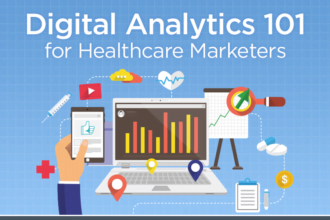
Thousands of orthopedic surgeons descended on New Orleans this month for their Annual Meeting. Key research results and industry leaders’ opinions were on display. Here’s the actionable information that you can take to your orthopedic service line to start making changes today:

Thousands of orthopedic surgeons descended on New Orleans this month for their Annual Meeting. Key research results and industry leaders’ opinions were on display. Here’s the actionable information that you can take to your orthopedic service line to start making changes today:
- New Research Generally Finds Comparable Outcomes for Outpatient, Inpatient Orthopaedic Surgeries
With outcomes being the same as the ambulatory service center down the street, how will your hospital compete? Patient experience and word of mouth references will become more important as quality between sites approaches equal. Make sure you identify your competitive distinctions and help patients know why they should choose you. Promote your conveniences – wait times, parking, and satisfaction scores – all become more relevant to consumer choice.
- Study using driving simulator determines when it’s safe to drive after hip replacement
The Hospital for Special Surgery published new research using a driving simulator that showed patients can be cleared to drive at four weeks post surgery, instead of six (the previous standard). Ortho departments should review the study and determine if their pre and post-op instructions should be changed. Patients often perceive and measure “recovery” time by how quickly they get back to normal everyday activities.
- 2 percent of Americans have new hips, knees
Roughly 7 million people in the United States are living with a total hip or knee replacement. Plus, knee replacement surgeries have more than tripled in the 45-to-64 age group over the last decade and nearly half of hip replacements now are in people under 65. You can’t treat these younger, savvier patients the same way you have been treating those on Medicare. Their expectations are higher. How is your team addressing this population? Patients want to get back to work and play quickly. And online conveniences start to matter more.
- Losing or gaining weight after joint replacement affects how well patients do
“Based on our findings, as physicians, we should convey to our patients the importance of maintaining good health and an appropriate weight, and we should help them in any way we can to achieve this goal,” author Dr. Westrich said. Make sure nutrition and exercise are a key part of patients’ care plans after they return home. Physicians are increasingly held responsible for long-term outcomes. Setting the right expectations with patients and families – by using patient stories and data – can often boost compliance with recommendations.
- Orthopedic Surgeon Opinion on Hospital Employment
A spot poll at AAOS on day one found orthopedic surgeons have a pretty negative outlook on hospital employment. 85% were not hospital employed and roughly the same percentage intended to stay that way. One surgeon was quoted as saying “No way in hell,” while 40% of the audience responded that their relationship with the hospital had grown more hostile. Keeping the peace with autonomous physician groups and the skills to work collaboratively towards shared goals will be a key factor in service line management hires for the foreseeable future.
If you attended the conference, add your thoughts and comments below. What value did you find in this year’s conference?
(orthopedics / shutterstock)








